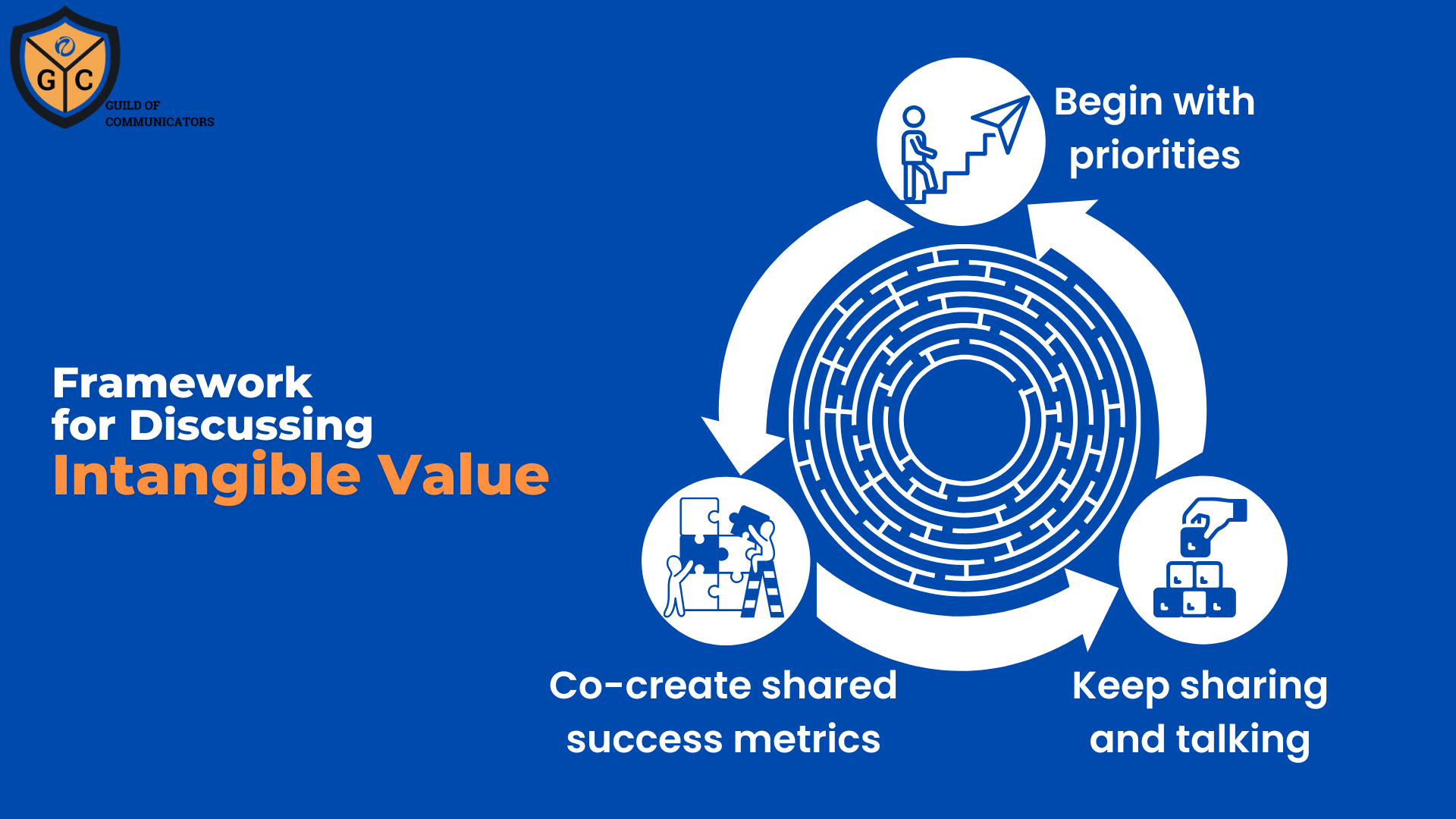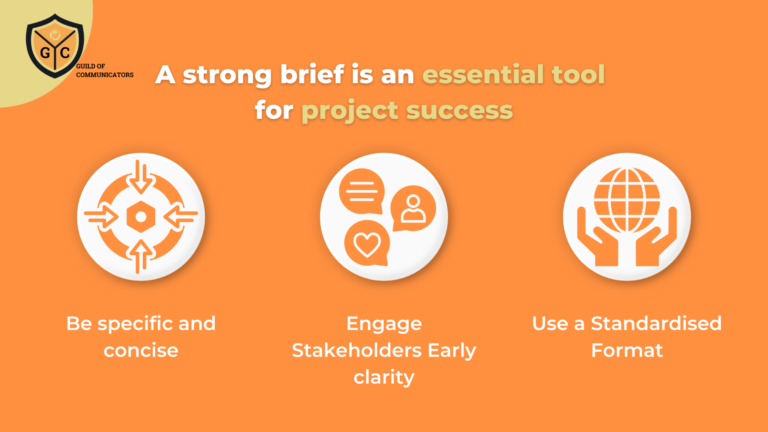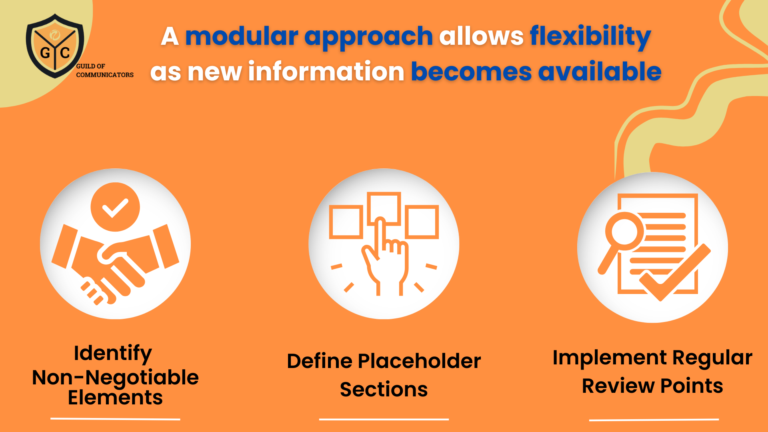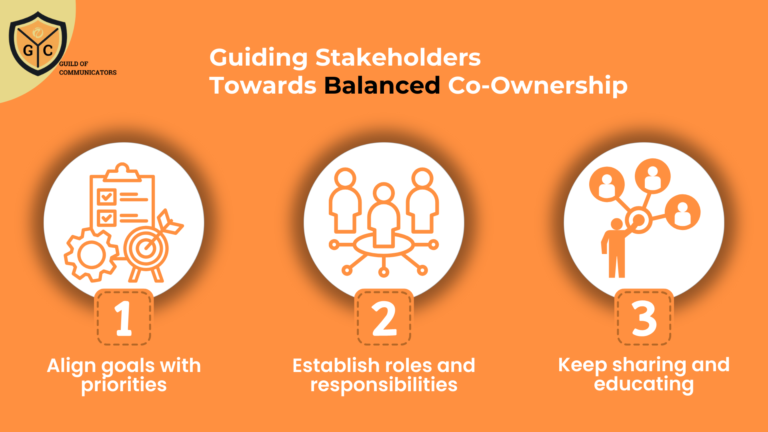Engaging stakeholders effectively is one of the most frustrating challenges communicators face.
While discussions around tangible metrics such as revenue, market share, or engagement rates are often straightforward, conversations about intangible value are far more complex. Yet, these discussions are critical for demonstrating the long-term impact of communication programmes.
For communicators, the ability to articulate intangible value is essential to building credibility and securing buy-in from stakeholders.
Whether it is about strengthening reputation, fostering trust, or shaping public sentiment, intangible value often serves as the foundation for achieving broader organisational objectives.
The Perception Problem: Why Stakeholders Avoid Discussing Intangibles
Intangible value refers to outcomes that are qualitative in nature, such as enhanced trust, improved reputation, or increased brand equity.
These are the kinds of results that rarely show up in financial reports but are nonetheless vital to the organisation’s long-term health.
Internal stakeholders often shy away from discussing these outcomes with communication teams for a variety of reasons. One common issue is the lack of a clear framework for defining and measuring intangible value, making these discussions feel abstract and unproductive.
Another barrier is the tendency to prioritise short-term, easily measurable outcomes over longer-term benefits. In fast-paced organisational environments, stakeholders may view intangible value as secondary to immediate deliverables, failing to recognise its importance in achieving sustainable success.
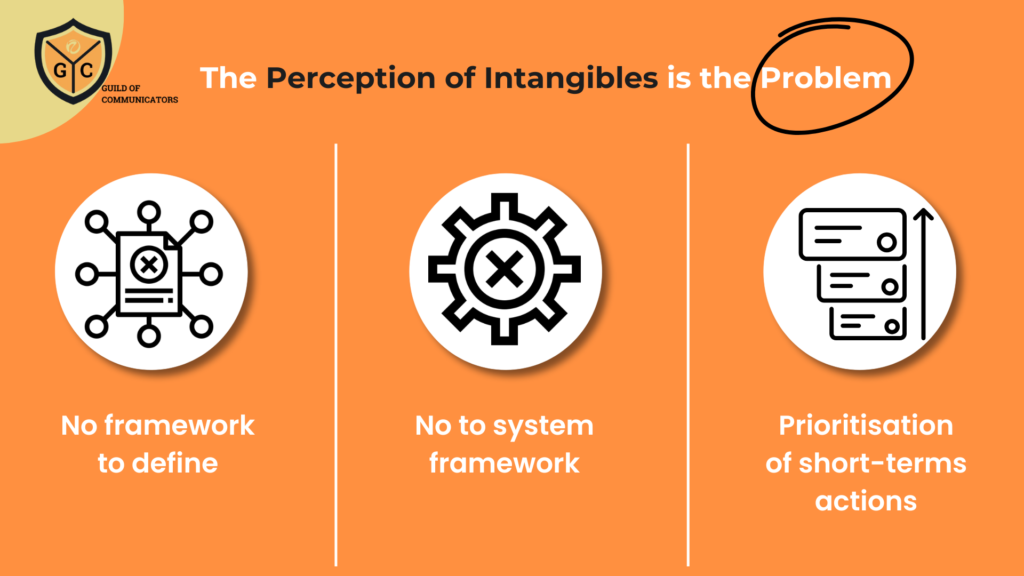
Proactive Stakeholders Drive Strategic Alignment
Proactive engagement from stakeholders can transform the way communication objectives and outcomes are defined.
Instead of focusing solely on activities or tactics, proactive stakeholders bring a strategic perspective, aligning communication efforts with broader organisational goals.
This approach fosters collaboration, ensuring that communication teams are not just executing tasks but contributing to meaningful outcomes. Stakeholders who actively participate in setting objectives are more likely to understand and appreciate the intangible value that communication brings to the table.
Moreover, proactive engagement creates a sense of shared ownership. When stakeholders are involved in shaping outcomes, they are more invested in the success of communication programmes, making it easier to secure support and resources.
Start the Conversation: Building a Case for Intangible Value
The first step in engaging stakeholders is to frame the discussion in terms that resonate with their priorities. Begin by identifying a specific organisational challenge or objective that intangible value contributes to resolving.
For example, if the organisation is looking to improve customer loyalty, position the discussion around how trust, reputation, and consistent messaging support this goal. This creates a tangible connection between intangible outcomes and the organisation’s success.
Once the connection is clear, use data and case studies to illustrate the role of intangible value in past successes. This approach helps stakeholders see the relevance of these outcomes and builds a foundation for more in-depth discussions.
Why Intangibles Are Hard to Grasp – and Why It Matters
Discussing intangible value can be challenging because it often involves abstract concepts that are difficult to visualise or quantify. Unlike metrics such as revenue or market share, intangibles require stakeholders to think beyond numbers and consider broader implications.
From a psychological perspective, humans tend to favour concrete information that is easy to measure and understand. This cognitive bias makes it harder for stakeholders to appreciate the significance of intangible outcomes, even when they are critical to organisational success.
To overcome this challenge, communicators must bridge the gap by framing intangibles in relatable terms and connecting them to tangible results. This helps demystify the concept and makes it easier for stakeholders to engage in meaningful discussions.
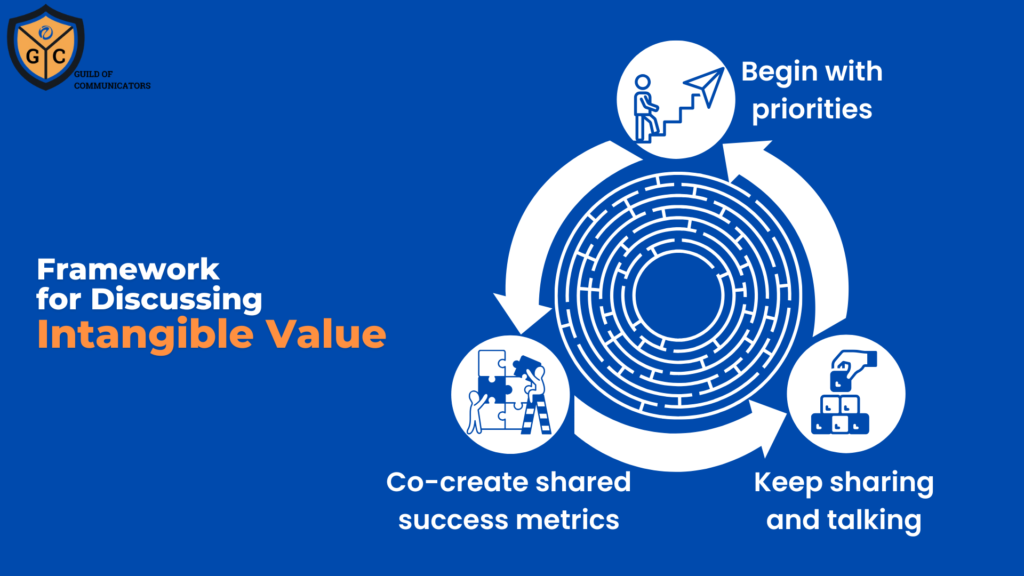
A Practical Framework for Discussing Intangible Value
Engaging stakeholders in discussions about intangible value requires a clear and structured approach. Here’s a three-step framework to guide the process:
- Start with the Organisation’s Priorities: Initiate the conversation by linking intangible value to the organisation’s goals. Frame the discussion around how intangible outcomes, such as trust or reputation, directly contribute to achieving key objectives. Use specific examples or scenarios to make the connection clear and relatable.
- Develop Shared Metrics for Success: Collaboratively define what success looks like and how it will be measured. This could include qualitative indicators, such as stakeholder sentiment, or indirect measures like improved employee advocacy. By agreeing on these metrics upfront, you create a shared understanding of what constitutes value.
- Maintain Ongoing Dialogue: Keep stakeholders engaged by regularly sharing updates on progress and results. Present findings in terms of the agreed-upon metrics and provide clear examples of how intangible value is making an impact. This continuous communication reinforces the importance of intangible outcomes and builds long-term trust.
By following these steps, communicators can transform intangible value from an abstract concept into a meaningful, actionable discussion that resonates with stakeholders.
*****
Join the Guild of Communicators at www.gocommunicators.com.
The Guild of Communicators (Go Communicators) stands as the preferred community for communicators seeking to elevate their craft. Through our Academy of Excellence, we provide best-in-class frameworks, fit-for-purpose resources, and opportunities that support members in achieving professional excellence.
We provide the following resources, tools and opportunities to members:
- Best-in-Class Resources: We provide our members with access to frameworks, playbooks and tools that empower them to achieve and maintain professional excellence.
- Continuous Learning and Growth: Through our comprehensive training programmes, workshops, delivered digitally, 24/7 and in-person, we support the ongoing professional development of communicators.
- A Supportive Network: GOC fosters a vibrant community where communicators can connect, collaborate, and support each other, creating a network that champions mutual growth and success.
- Shared Knowledge and Expertise: Our members benefit from the collective wisdom and experience of a diverse group of communication professionals, enhancing their skills and perspectives.
Go Communicators is dedicated to amplifying the impact and value that communicators bring to their organisations, highlighting their crucial role in driving success and growth.
We equip our members with the strategies and tools needed to become influential leaders and business partners within their organisations, enhancing their ability to drive positive change and outcomes.
Through our support and resources, communicators can demonstrate clear, measurable outcomes that showcase their value and impact, reinforcing their importance to their organisations.
Join the Guild of Communicators at www.gocommunicators.com
Subscribe to join over 1500+ communicators and brands getting value every Tuesday while reading A Communicator’s Perspective, our weekly newsletter.

